Introduction
Yes, dogs can eat caviar. However, it must be served in small amounts and on special occasions to ensure safe consumption. Plus, not all dogs love caviar – some will be happy to eat, and others will refuse.
Caviar is not part of the dog’s natural diet. Yet, in the wild, dogs eat whatever they can get their teeth on, and caviar is not an exception. In domestic conditions, caviar can be used as a special, premium treat.
Why is Caviar Good for Dogs?
There are several health-boosting nutrients in caviar. They work together to support the dog’s body functioning and overall health. Here is a short review of the reasons caviar is good for dogs.
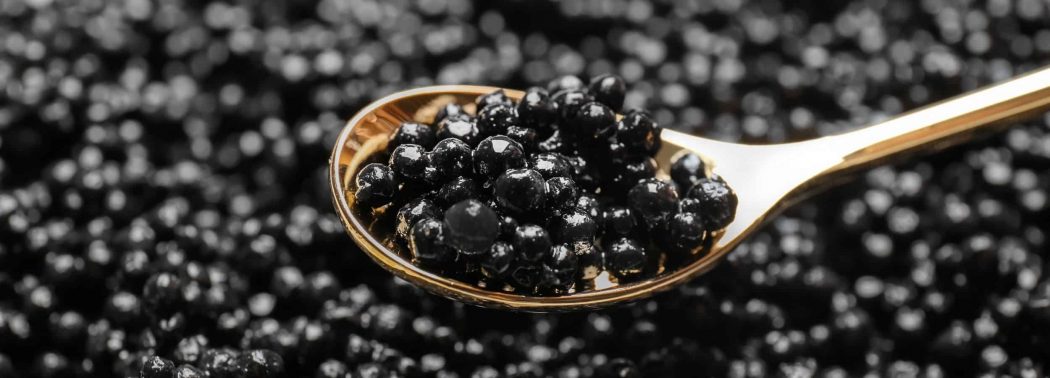
Rich in Omega Fatty Acids
Caviar is rich in non-saturated fatty acids (also known as the good type of fats) like omega-3 fatty acids and omega-6 fatty acids. These fatty acids play several roles in the dog’s body – from healthy skin to a strong immune system.
Vitamin B12 Overload
Fish eggs are packed with vitamin B12. This vitamin helps with protein metabolism and the formation of red blood cells and nerve cells. It is also responsible for counteracting fatigue and lethargy.
Good Source of Calcium
Caviar is high in calcium, the main mineral for strong bones and teeth. In addition to calcium, fish eggs are loaded with other minerals such as zinc, iron, and magnesium.
Natural Immunity Booster
Fish eggs contain high levels of vitamin A, vitamin C, and Vitamin E. These vitamins come with various health benefits, and together they work toward boosting the dog’s immunity. They help strengthen the immune response, thus fighting off pathogens.
Can Caviar be Bad for Dogs?
Yes, caviar can be bad for dogs. In fact, any human food has the potential to harm dogs if given irresponsibly – in large amounts or too often.
So, before making caviar a regular treat for your dog, you need to consider the side effects and potential consequences. Let’s look at the reasons caviar is bad for dogs.
Too Much Sodium
Caviar is loaded with sodium or salt. Dogs need small amounts of salt for normal functioning. However, if in high amounts, salt is a dangerous nutrient, especially for dogs with impaired kidney function. In severe cases, sodium may cause poisoning in dogs (salt poisoning).
High Cholesterol Levels
In addition to being high in sodium, caviar is high in cholesterol or fat. High-fat levels can trigger an acute pancreatitis episode (painful and potentially fatal inflammation of the pancreas). In the long run, cholesterol contributes to weight gain and obesity.
How Much Caviar Can my Dog Eat?
Dogs can eat caviar as a premium treat – in tiny amounts and on special occasions. The recommended dosage is one tablespoon for large dogs or one teaspoon for small dogs.
As for the feeding frequency, it is best to limit the use to once every two weeks. This instruction refers to dogs that are used to caviar. If serving for the first time, start with a smaller amount.
Young puppies must not be served caviar. Pups have distinct nutritional needs and very sensitive tummies. Therefore you need to keep the caviar away until your pup is at least 12 months old.
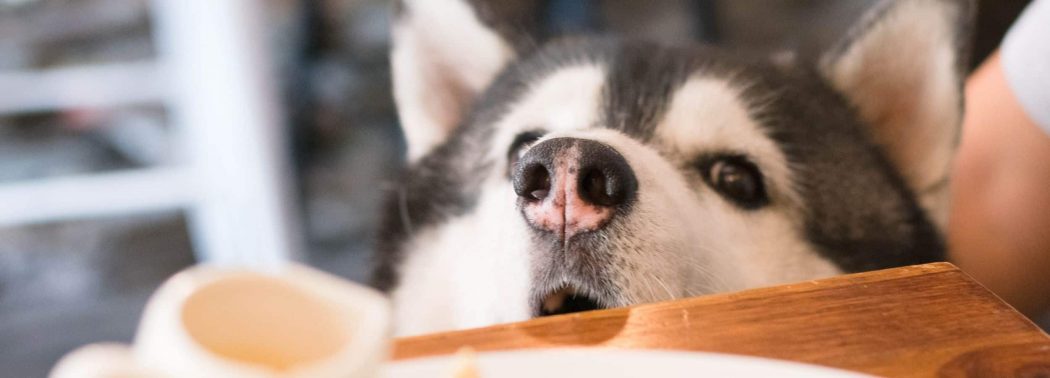
How to Prepare and Serve Caviar for Your Dog?
Luckily, preparing and serving caviar to your dog is relatively easy – all you need to do is visit the local store and choose the right type of caviar.
By right caviar type, we mean choosing a low in sodium and low in cholesterol product. Also, look for caviar products free from added spices and, when possible, get a product that does not contain artificial additives.
With the caviar at home, it is serving time – either give the caviar as a treat of pouring it on top of the dog’s regular food. In both cases, stick to the recommended dosage guidelines.
Summary
All in all, dogs can eat caviar. However, moderation is the key when it comes to caviar for dogs. Namely, caviar should be considered a premium treat and offered in small amounts and rare occasions.
If your dog accidentally ingests a significant amount of caviar, you need to call the vet and seek help. Certain ingredients in caviar can be dangerous for dogs, especially if consumed in excess amounts.
Sources
- What Causes Pancreatitis in Dogs and How to Treat It, Heidi Kos-Barber, DVM, 2020
- Pet Poison: Salt, Pet Poison Helpline, 2021
- Using Omega 3 Fatty Acids Effectively and Safely, Jennifer Coates, DVM, 2014
- What Does Vitamin B12 Do for Dogs?, Darlene Stott, 2021
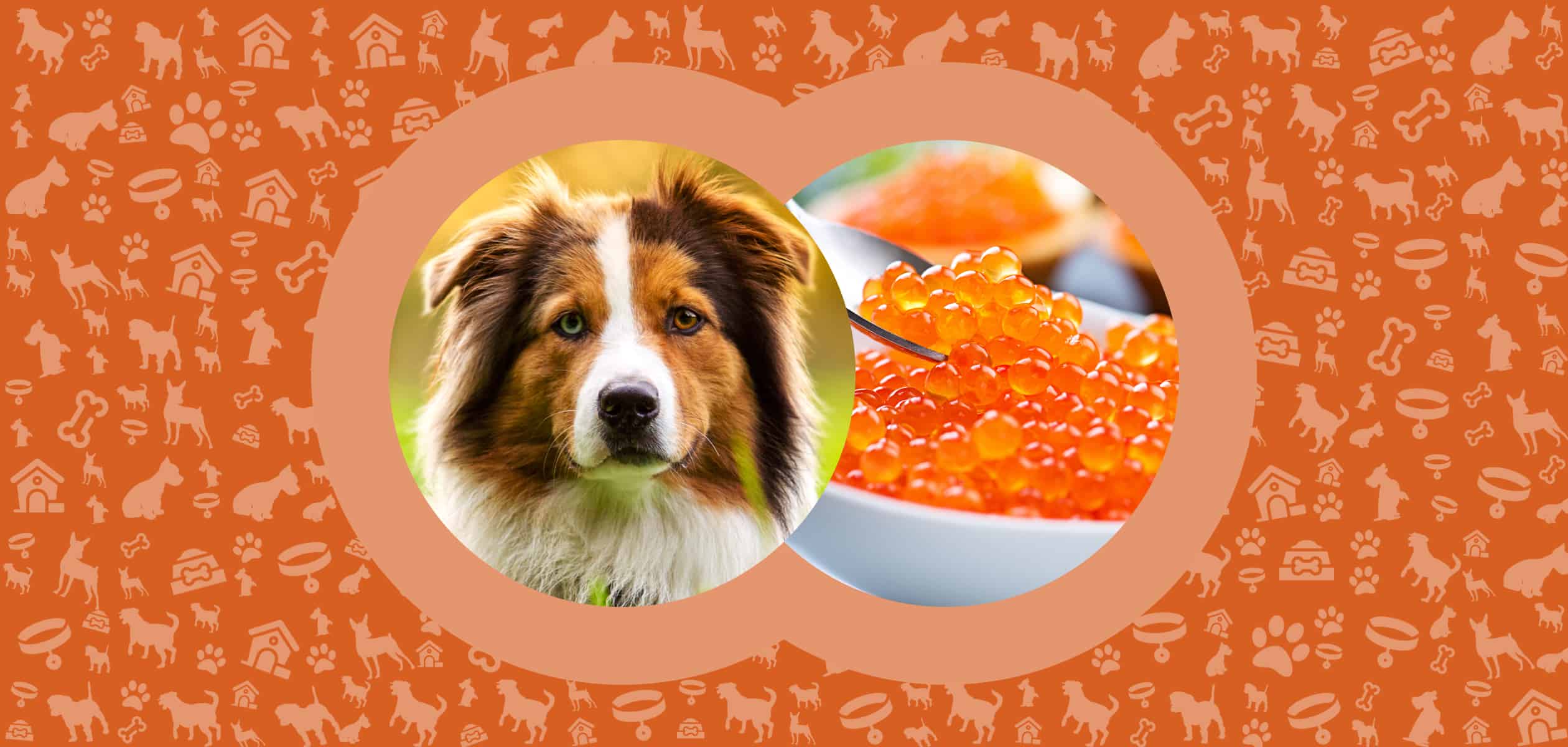
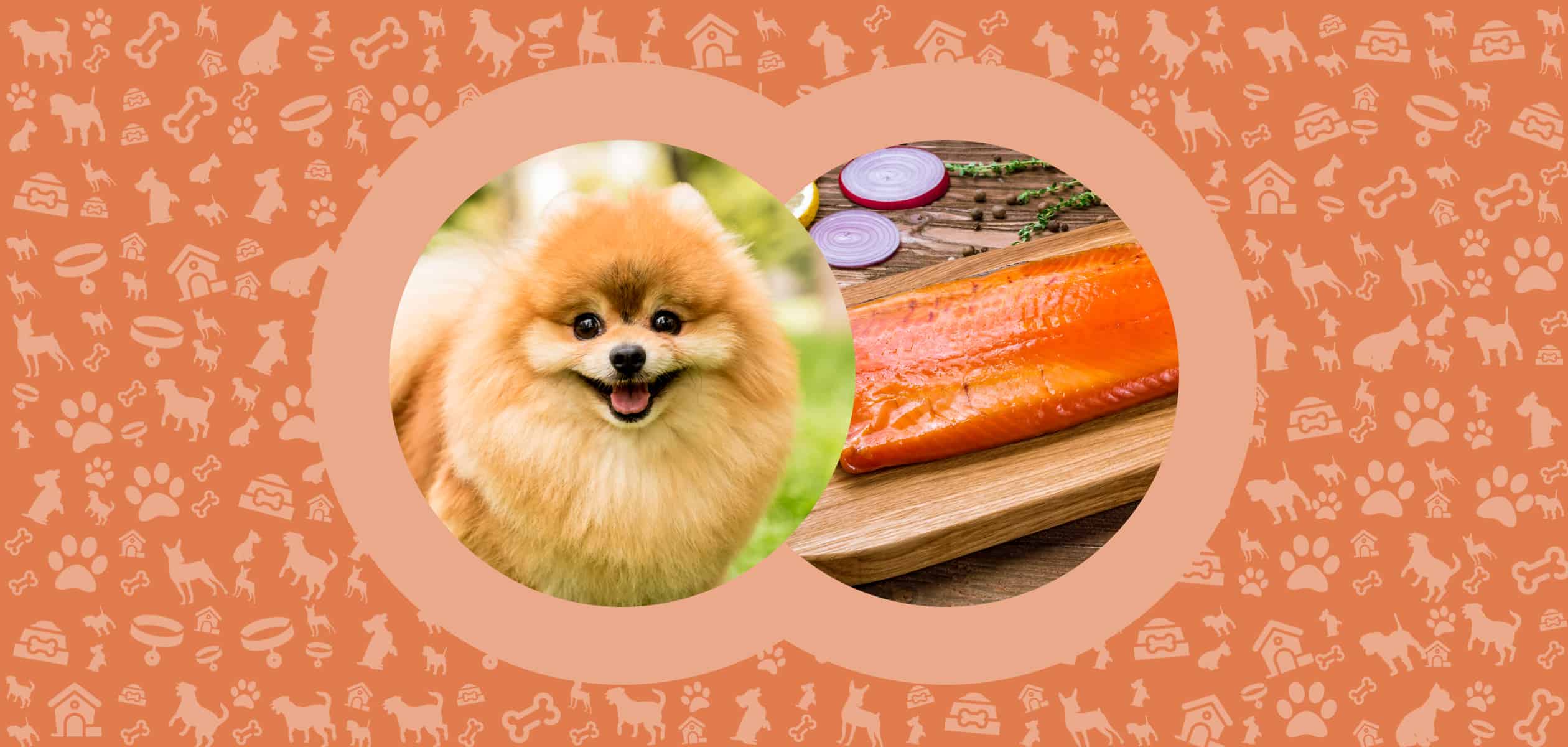
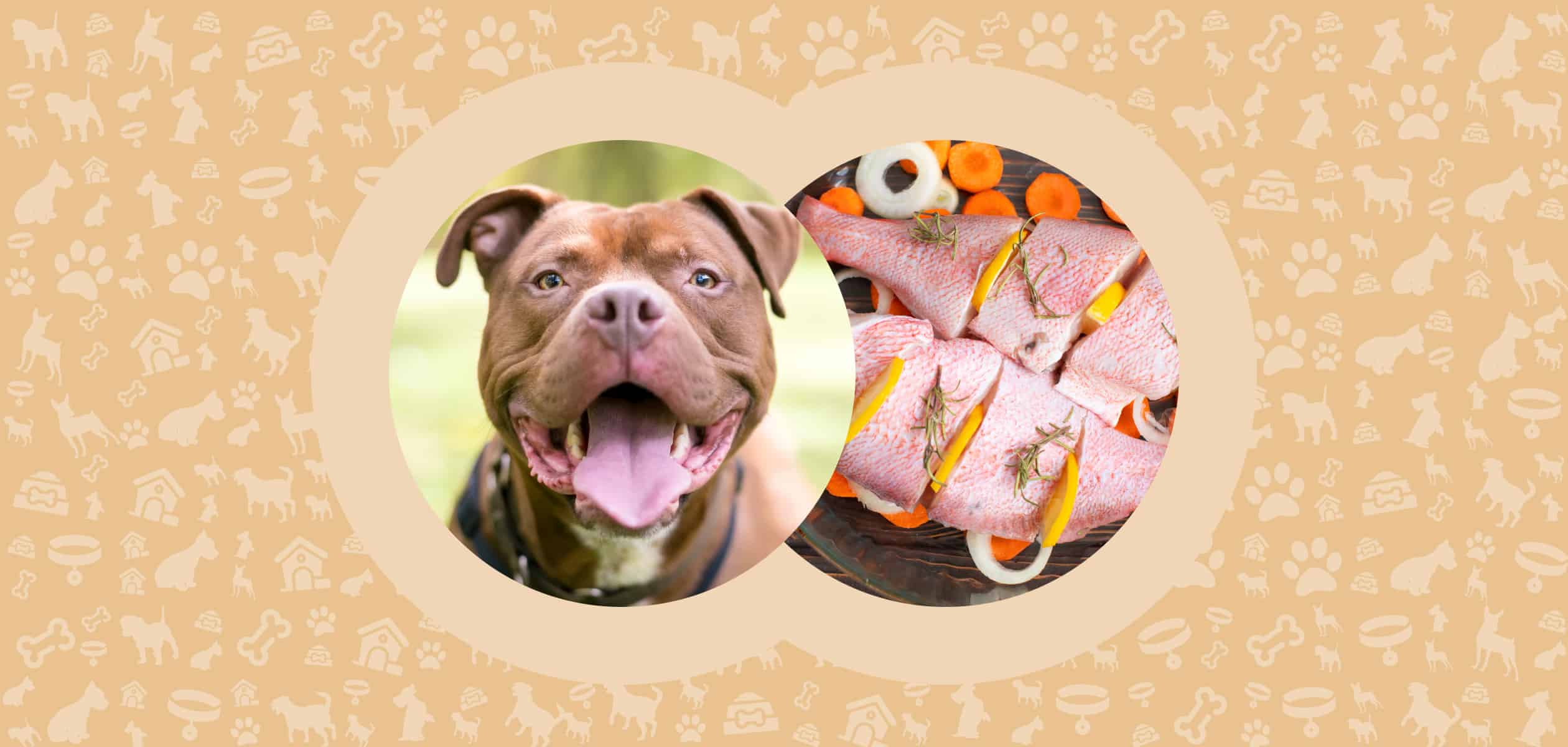
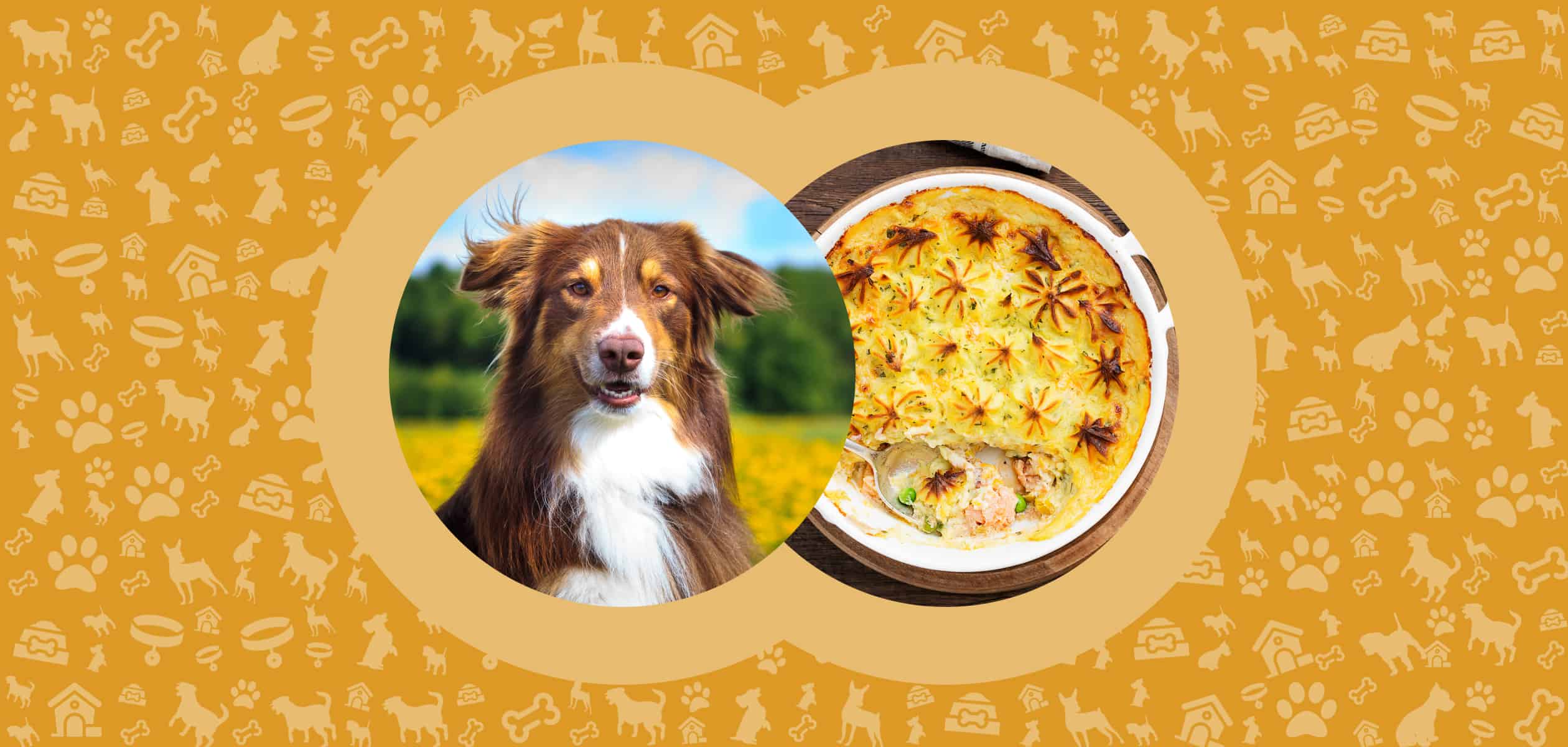
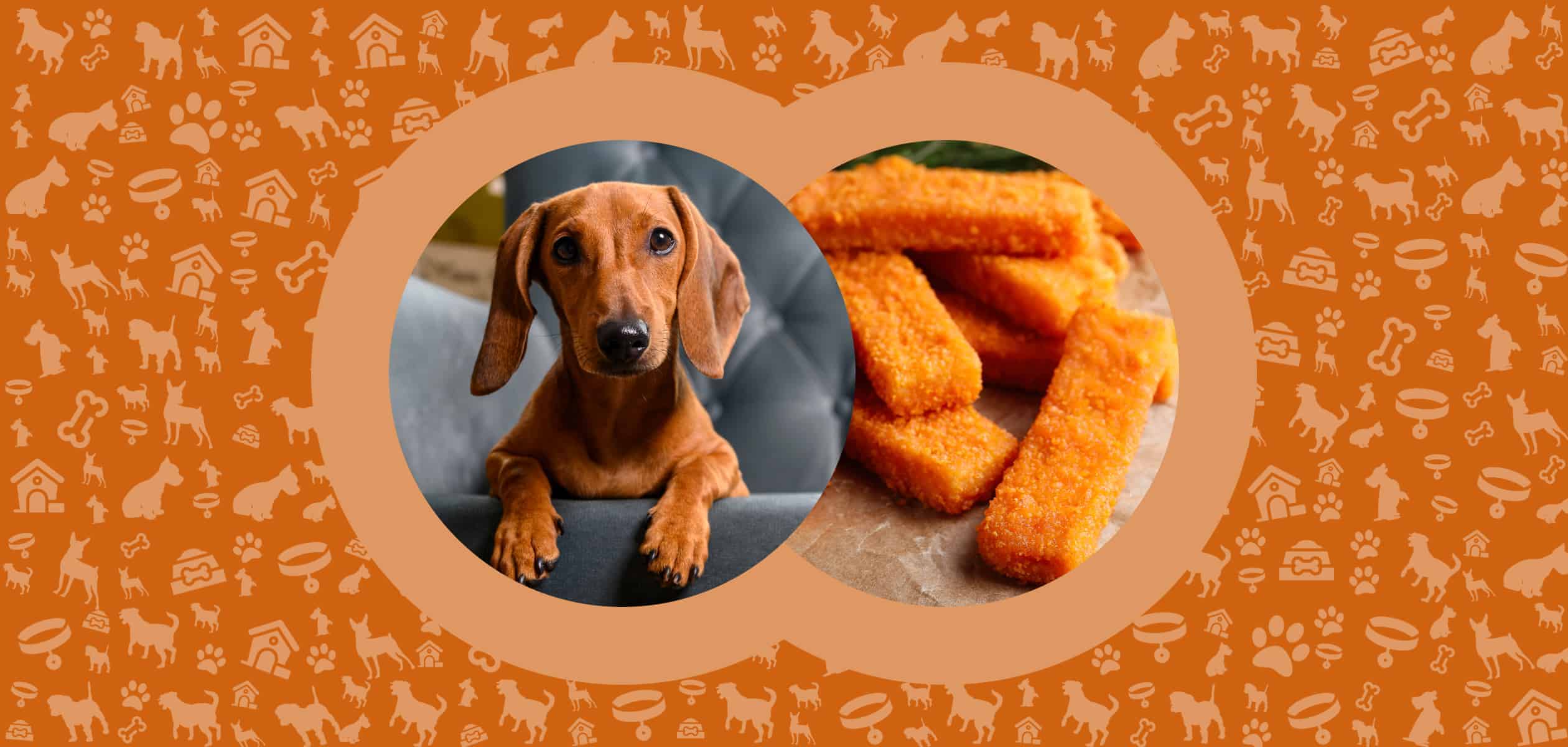
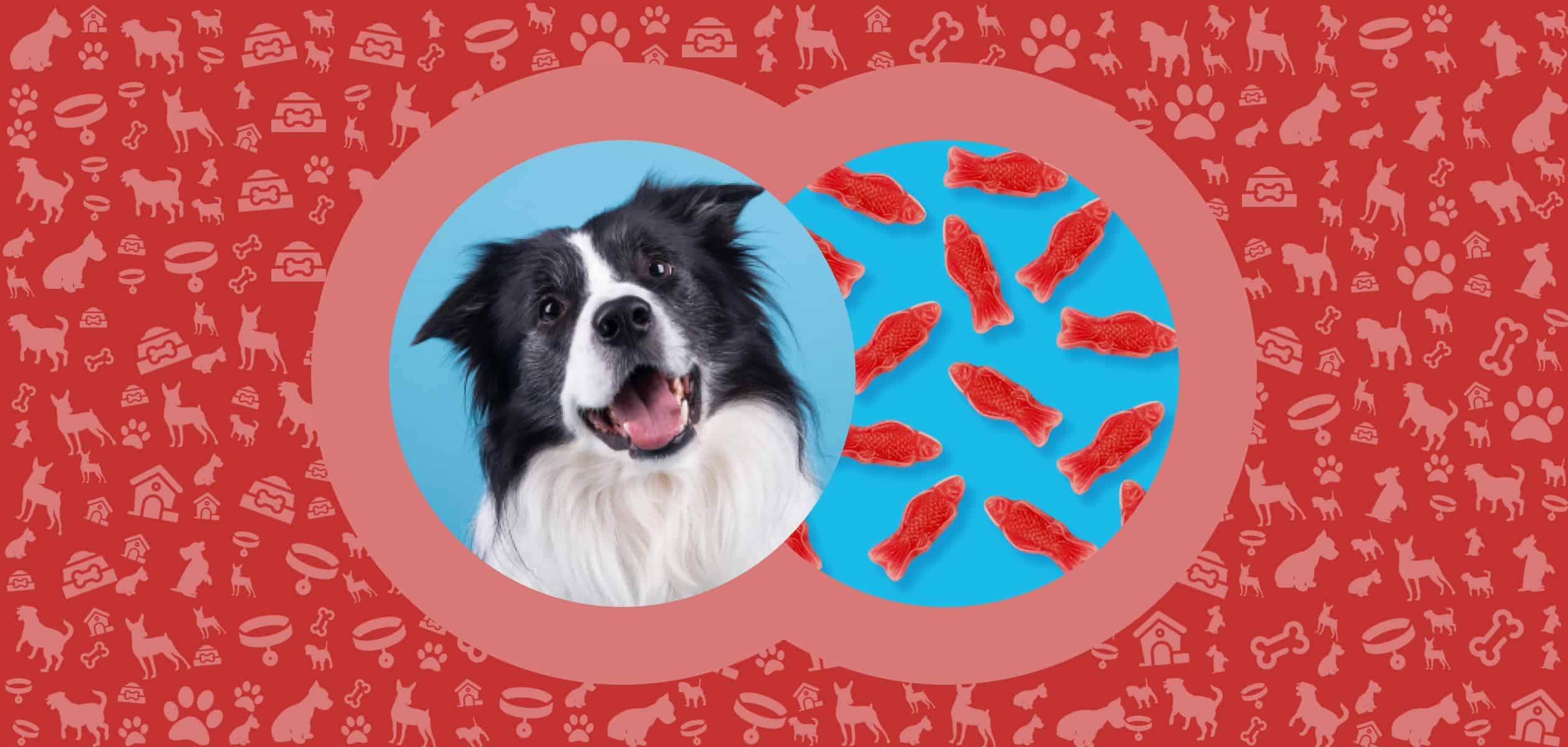
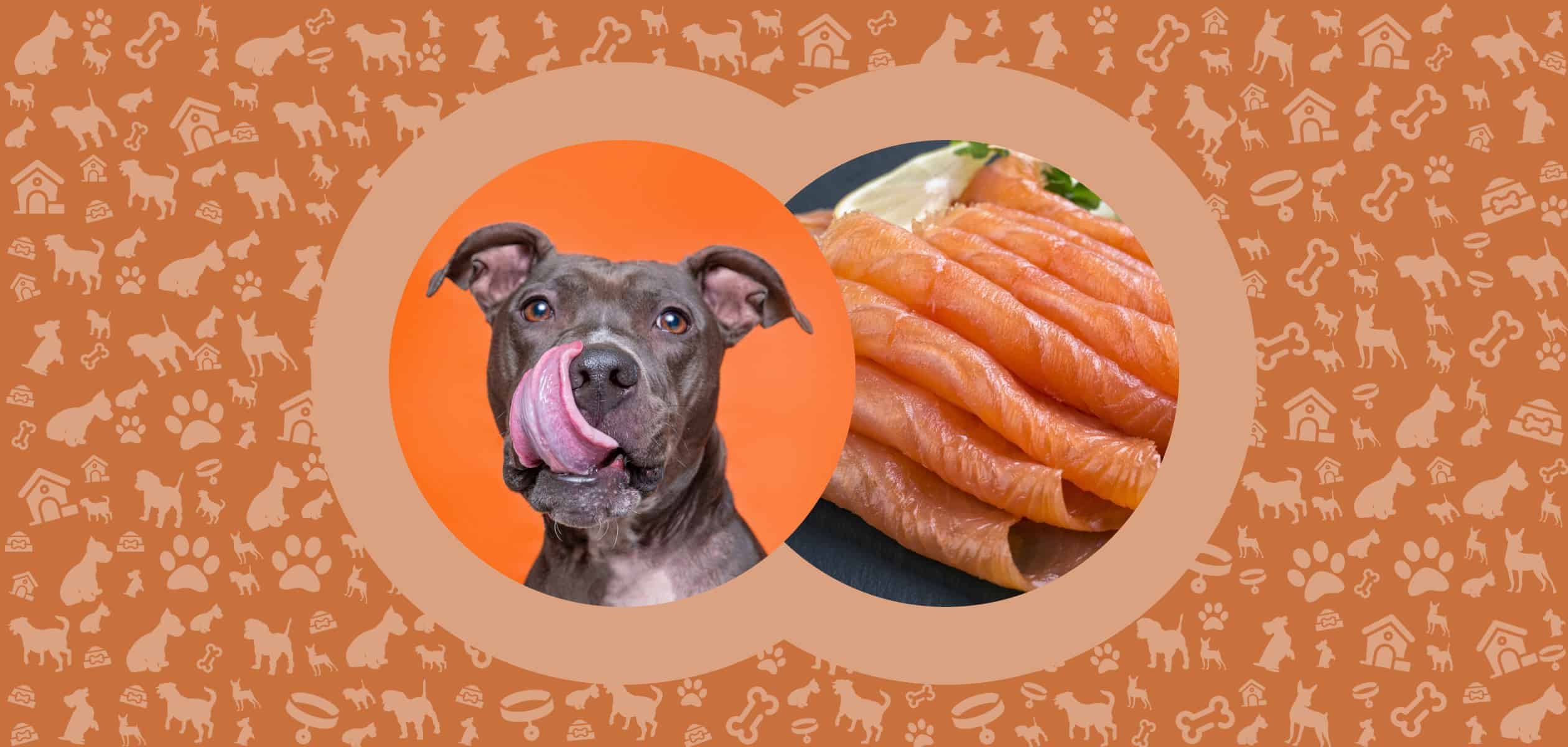
Leave a Comment